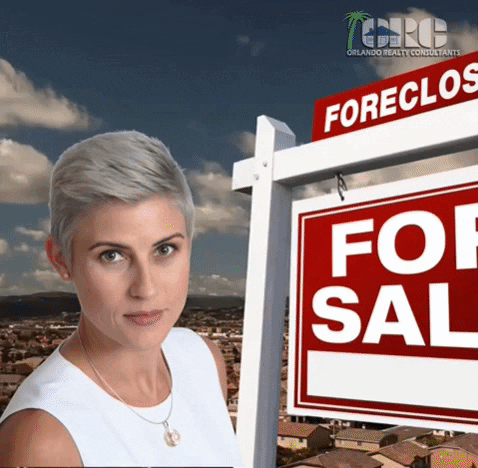Although short sales in Orlando have dwindled in recent years, Central Florida still ranks as one of the top regions in the US having the most short sale listings.
Ironically, “short sales” can take a very long time to complete. These are homes in which the bank is willing to entertain a lower amount than what’s owed on the mortgage, in order to recoup most of their money.
More than 1 in every ten homes that were sold in the Orlando area in the last quarter of 2016 area was a short sale listing. The only other areas that had a higher short sale rate in the state of Florida were Fort Myers and Lakeland.
When short sales first became popular after the market crash of 2007, banks were willing to accept a much bigger loss than is the case today. This meant that investors and rehabbers like me were enjoying much larger profits than is the case with short sales today.
These days banks want as close to full market value as they can get. Many times these listings only make sense if you plan on moving into the house and making repairs yourself.
As an Orlando real estate investor, I make several offers on short sale listings every week most of which get denied for being too low. When buying a property as an investment home to resale you have to consider all the costs involved like repairs, closing costs, marketing, staging, etc. After doing the math, I can tell you that most short sale listings right now in Orlando are way… way overpriced for investors to make any money on them.

Banks are realizing that if they just let the home go to foreclosure, they can sell it for closer to market value instead of accepting a low-ball offer from an investor. Orlando short sales are ending up being auctioned off online auction these days more than ever. This strategy also allows these lenders to expose their property to anyone in the world with a computer.
Orlando’s continued distinction for short sales is a clear indication of how depressed this area’s housing market was just a few short years ago. At that time, there were more Orlando short sales and foreclosures than there were traditional sales. It has taken several years to push these distressed Orlando properties out of the pipeline.
Now that market conditions have been steadily improving, more homeowners are able to sell their homes at a profit. And for homeowners that are a bit underwater are starting to see the light at the end of the tunnel that will allow them to hang in there instead of having to come up with the difference at the closing.
For homeowners that are deeply underwater that are still at risk of losing their home to foreclosure, a short sale is still their preferred alternative because it does a lot less damage to the homeowner’s credit. They can also walk away with less debt and even come away with a few thousand bucks in their pocket for relocation costs.
I can tell you from experience as an Orlando Realtor and investor that short sales are no longer the deals they once were. Banks are being harder negotiators than ever and if they don’t get their number, they have no problem foreclosing.
Buyers who want to use the home as their primary residence and are willing to pay close to market value can still get a slight discount buying an Orlando short sale. However, for most retail buyers when they hear the word “short sale”, they usually pass because they know that short sale lenders can take a long time to respond and there’s never a guarantee that they will accept your offer.










